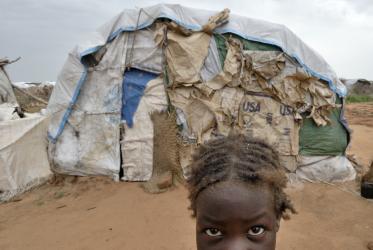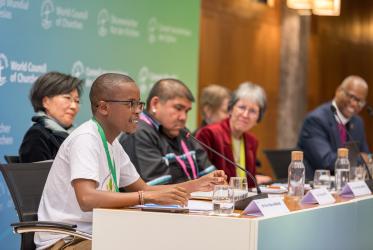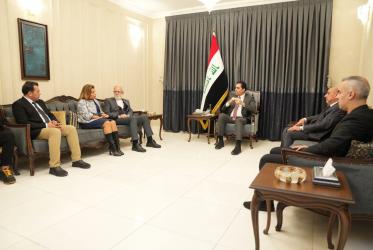Displaying 1 - 20 of 824
Is health the same for all?
17 April 2024
WCC extends prayers for lasting peace in Haiti
11 April 2024
WCC continues to promote inclusive citizenship in Iraq
15 January 2024












